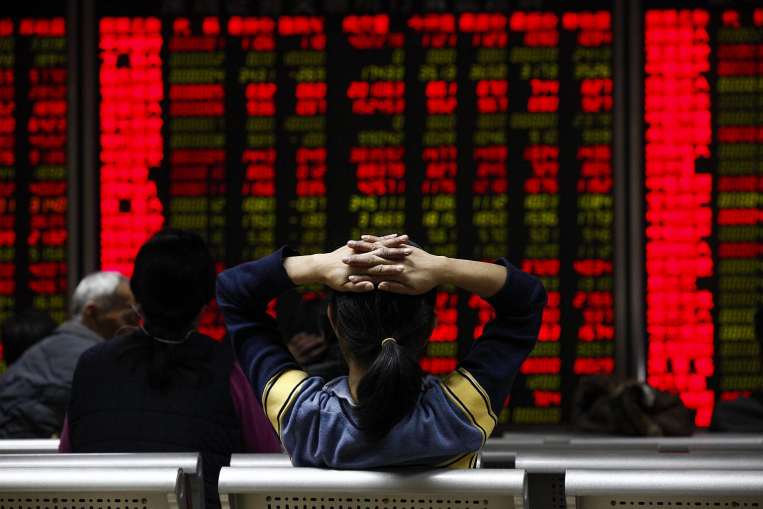
What is the global electronic stock market?
For years, stock trading took place at a physical location during specific trading hours. All over the world, the stock market would open during normal trading hours and close at a specific time. Today, all this has changed due to the global electronic stock trading. Understanding the global electronic stock markets involves knowing the difference between the conventional stock trading and electronic stock trading.
Traditionally, stock were traded on exchanges where buyers and sellers would meet to on a price, Today, most of the stock trading is conducted by computers interacting with other computers at high speeds. Since machines have taken over most of the human functions, stock trading has moved from raucous trading floors to dozens of separate electronic exchanges.
While this new landscape is dominated by computers interacting with other computers under the supervision of a few humans, the activities that take place in these exchanges affect many people. Everyone who owns mutual funds, shares of stock or who has invested in a pension fund or works for a public company is affected by the activities of the electronic exchanges. For better or worse, your wealth and livelihood is throbbing through the wires as it is sent back and forth between various computers.
Advantages of the global electronic stock market.
Electronic stock trading has been shown to have many advantages. Trading costs have reduced and anyone can now buy stocks from anywhere in the world within a matter of seconds by just a few simple clicks of the mouse.
Though electronic exchanges have become highly convenient, some financial experts worry that technology may get out of control. These experts wonder whether it is wise to put so much of the world’s economy in one place. They are also worried that traders who have access to faster devices may win over investors with slower devices.
Apart from the above issues, electronic trading has been shown to be much more volatile compared to ordinary exchanges. A flash crash in the market can send stock prices plunging hundreds of point down before recovering.
